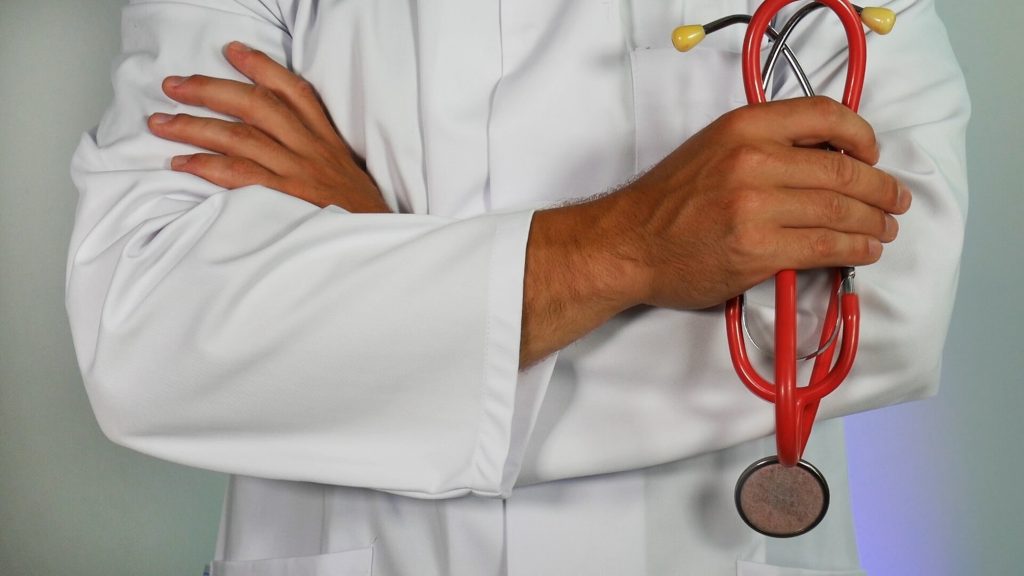Getting Tested in Fort Worth

here’s no denying COVID-19 is the health crisis in everyone’s minds right now, but that doesn’t mean other health-related issues have been put on hold.
HIV is a key example. Anyone who is sexually active is at risk of contracting HIV and dealing with the resulting health effects. We’ve written before about the importance of HIV testing in Fort Worth, but COVID-19 may have upended many of the normal testing procedures.
Many medical professionals have either temporarily closed their operations or stuck with telemedicine until lockdown restrictions are lifted. Some may stay locked down even longer to protect at risk-patients. Other settings that perform HIV testing (free clinics, for example) may have had their limited resources diverted to fight COVID-19.
So, what can you do to keep yourself safe? Let’s take a closer look.
How Can You Still Get Tested?
Let’s start by finding ways that you can still get HIV tested in the current climate:
At-home testing: The recent COVID-19 pandemic and the ongoing scramble for tests has caused a revisiting of the different methods available for HIV tests. Like COVID-19, HIV antibody tests can determine whether or not your body is currently fighting the disease. There are a variety of different providers and companies that distribute at-home tests. This method of testing is especially useful for people who live in remote areas or extremely high-risk for COVID-19 complications (those with autoimmune disorders, the morbidly obese, and others).
Call your doctor: Normally, your doctor would be able to provide you with an HIV test in their office. However, if your doctor has closed in-person operations, that doesn’t mean they can’t still be a resource for you. Schedule a telemedicine appointment to voice your concerns, and they will be able to give you a list of community organizations or other resources that are still offering HIV testing. Planned Parenthood is a good example. Until their office is fully open again, you can use those to keep up with your testing regimen.
Apps: Smartphone apps have been a key to helping people with unique health needs during this time. Some apps help connect people to methods to get self-tests at home, like the HIVSmart! App currently in development. You can also download apps from the local healthcare system where you live. Not only will you get updates on COVID-19 regulations (so you can know when your local doctor opens up again), but you can get information on where cheap and even free HIV testing is still available.
Supporting Your Testing Needs

With these methods to help connect you to testing, what are some of the steps that you can take to ensure you get the testing you need?
Set up reminders for yourself: It’s easy for testing to fall through the current climate. However, those at high risk for infection should be getting tested every 3 to 6 months. Make sure that you stay on schedule with reminders on your phone and computer to schedule testing when that interval comes up.
Look into support resources: Let’s take this in the other direction, with people who may be looking into HIV testing for the first time. There are excellent resources like the AIDSinfo app that help you understand basic terminology to understand better the condition and how to protect yourself. If you have recently been diagnosed with HIV, there are resources to provide counseling and advice on what steps to take next.
Ultimately, while the regular methods of receiving HIV testing may be effected for the foreseeable future due to COVID-19, they are still options on the table. Also, the need for testing for those who are sexually active hasn’t changed due to the pandemic.
As a result, it’s crucial for those in Fort Worth and beyond to do your research on what local methods for getting tested are still available. If you decide to do the research and find new avenues to get tested, wear a mask, and disinfect your hands before and after your appointment.

